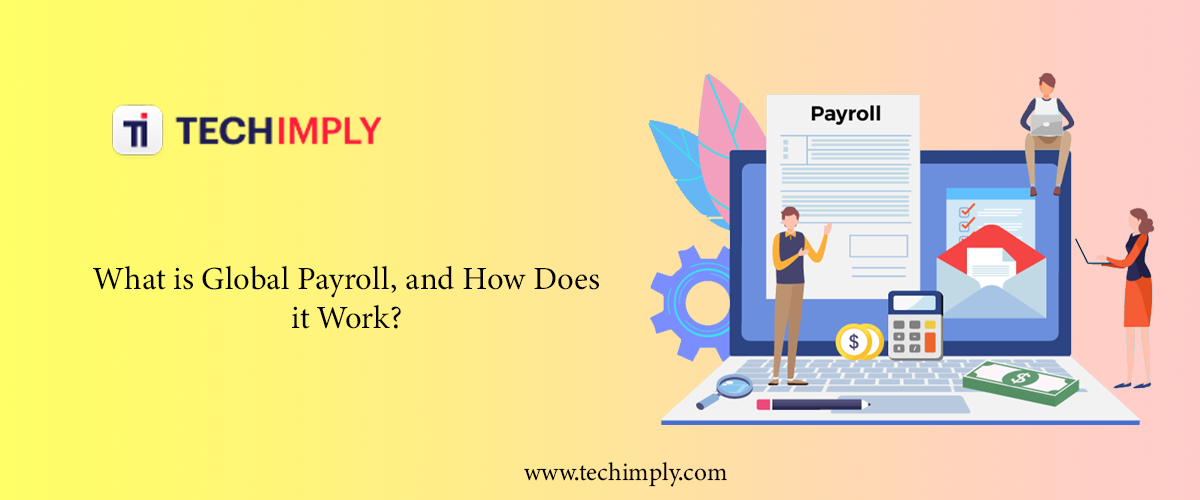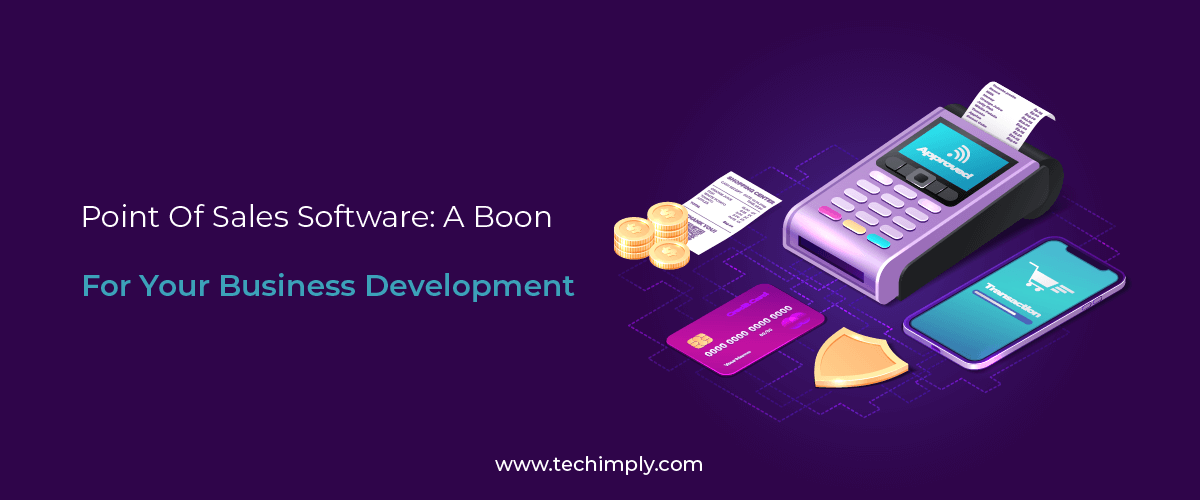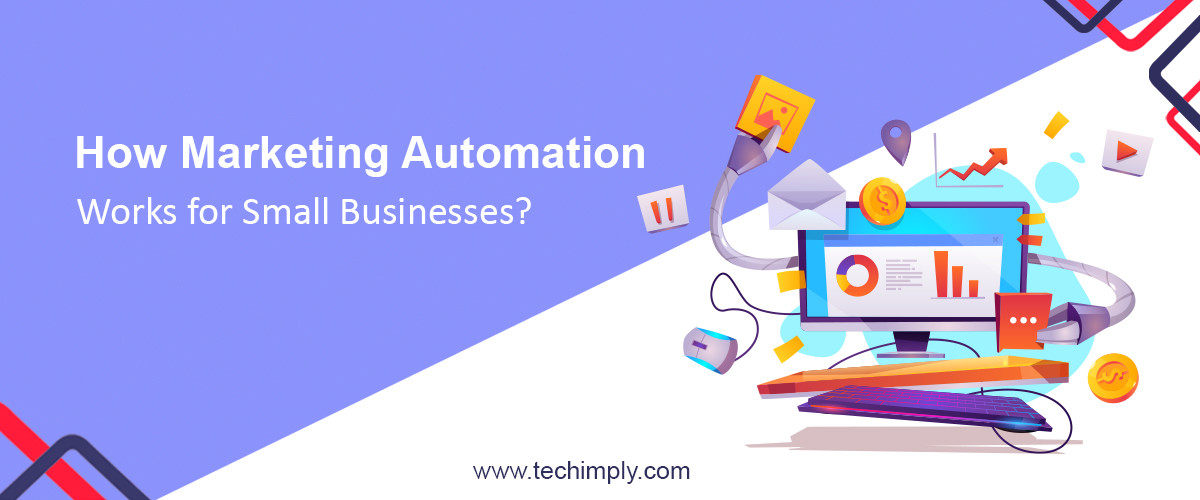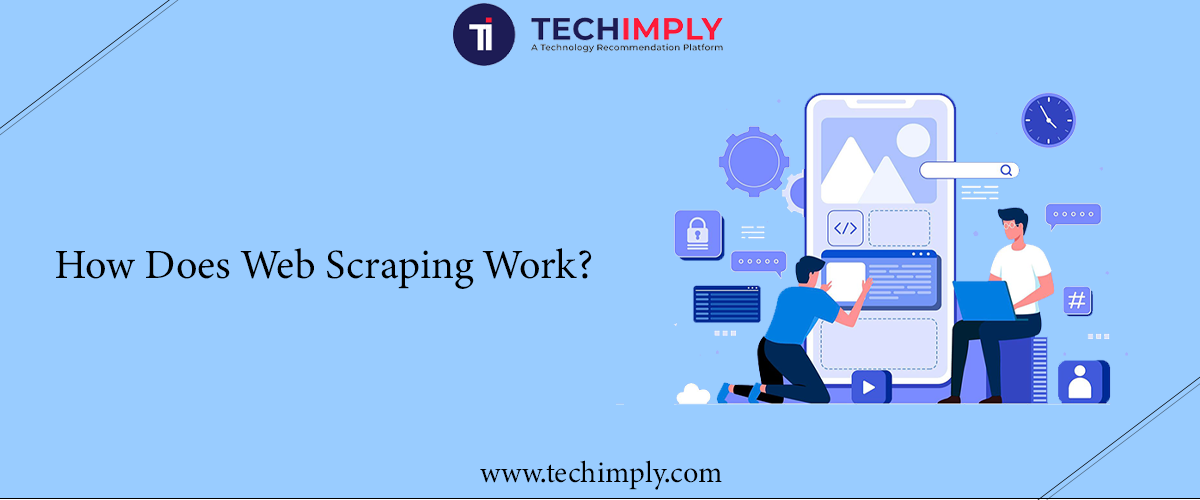We live in a highly globalized world where borders no longer function as they once did. International trade is easy, and so is global employment. For businesses, that's a welcome change. It means scalability is no longer limited to a specific location.
For instance, organizations seeking to hire top-notch talents can look far beyond their immediate area. And out there, there's a massive pool of worthy candidates.
However, global employment entails putting in place HR systems that are also global in scope. After all, employment policies differ from country to country. That is where global payroll comes in.
What is Global Payroll?
Global payroll refers to managing international payroll functions[Payroll Software] from an organization's central location. This system is most prevalent among multinational companies and startups that have assembled a global employee ecosystem.
It eliminates the need for separate service providers that zero in on a specific country where an organization maintains an office. The whole structure is supported by cloud technology and carried out with the help of a professional employer organization (PEO).
The best full-service PEOs are independent entities that contract with an organization to oversee the latter's global employment functions. Think of this agreement as the process of outsourcing HR responsibilities, including the management of remote staff compensation, benefits, taxes, and other nitty-gritty.
In the PEO and client relationship paradigm, employee liability tilts toward the former. The latter, meanwhile, focuses on core operational systems required for running a global business enterprise.
Best Payroll Software: Zimyo
Benefits of Working with PEOs
-
Reduced administrative challenges
It's challenging as it is to manage human resources for a location-specific organization. Now, imagine placing HR on a global scale. The administrative requirements become more than double. But it does not have to be that way—at least not if an organization hires a PEO that will take charge of global employment responsibilities. -
Streamlined functions
Working with a PEO will entail setting up a team to oversee the service provider's accomplishments. That is way more practical than having multiple HR teams stationed in different locations worldwide. -
Ease of data access
Since cloud technologies enable and support PEO services,global payroll system through PEOs limits the need for constant touch base between key HR employees. All relevant data are accessible to those allowed to see them. Therefore, functions flow more seamlessly. -
Compliance assistance
This aspect is arguably the most taxing aspect of HR management. The job is lifted off the shoulders of in-house employees with a PEO in charge of global employment. -
Improved payroll knowledge
A PEO specializing in human resources would know the ins and outs of the system, and that's something organizations can maximize to handle in-house employee management better.
Get Free Demo Now for payroll software: Qandle
Global Employment Challenges
There are inherent challenges to global payroll. Here are some of them.
-
Setting fair compensation – Many factors affect how compensations are computed. There's the cost of living, for example. Global employment renders this aspect of the job even more taxing.
-
Tax management – Countries impose different tax rules. For one, taxation varies depending on staff classification. Employee taxes go hand in hand with hiring full-time employees. Meanwhile, contractors are responsible for their tax returns. Employers need to be knowledgeable about these policies if they are to ensure utmost compliance.
-
Staff classification – Organizations work with either employees or contractors. There are strict rules guiding these classifications, and misclassifications could result in fines and penalties.
-
IP and invention rights – It's crucial to ascertain country-specific intellectual property (IP) policies. Otherwise, an organization might lose an IP battle against a worker who claims ownership of any job-related output.
These challenges become less of a concern for employers working with a PEO in charge of global human resources. And that's not the only way to ease global employment challenges. There's also the concept of decentralized autonomous organizations.
What is a Decentralized Autonomous Organization (DAO)?
A decentralized autonomous organization (DAO) is a legal structure gaining traction among global organizations. Hailing from the cryptocurrency and blockchain niche, DAO follows the bottom-up management approach and eschews a central governing body. The DAO structure is another opportunity for streamlining global employment.
DAOs rely on smart contracts. These are coded agreements that guide decision-making among token holders. In the context of global employment, the DAO structure may use blockchain to sum up votes from token holders on crucial employment policies.
DAO Benefits
-
Participation
With a global pool of employees, keeping everyone engaged becomes a challenge. That could change with DAO's design, where all stakeholders can participate in policy-making. -
Community
Organizations are communities—at least, ideally. But it is difficult as it is to encourage employees in a single location to uphold community ideals, much more employees on a global scale.
Through the DAO structure, community-building becomes less challenging, given how it camouflages—if not entirely abolishes— organizational hierarchies. Employees only need a reliable network to keep abreast of what's happening in the organization. -
Transparency
Blockchain votes are public. A token holder's take on a matter will be available to all organization members. That encourages the exercise of utmost credibility from everyone. -
Decentralization
Like its blockchain and crypto inspiration, the DAO structure favors the voice of the collective as opposed to the voice of specific individuals. In a global employment context, DAO allows members of an organization to claim a sense of power regardless of where they are concerning the organization's main base.
Wrapping It Up
Organizations with ambitious expansion goals want to go global. And in this age, that's perfectly doable. So long as there's a product worthy enough of the world's attention, backed by a brand that has established unquestionable integrity, it's easy for a business to conquer the world.
Plus, conquering the world requires having people in the team hailing from different countries and cultures doing jobs ranging from accounting to marketing. While that sounds like a tall order, there's a way to simplify the challenge.
Maximize the services of PEOs. Get behind the principles of DAOs. These are just some of the current trends in business operations that recognize the global economy and its many opportunities.






